I SPEND A LOT OF TIME DEBUNKING HEALTH recommendations promoted on social media. Today’s topic? Exposed: The top 3 health fads that could wreck your wellness goals.
Here are the concerning health trends this essay will address:
- Juice cleanses
- Colonics (enemas)
- Substituting supplements for foods
Assessing
The Washington Post suggests that when you are assessing a health claim, you ask yourself the following:
- Does the marketing data feel too good to be true?
- Are major healthcare institutions recommending or offering it?
- Is there information about it on websites run by the Centers for Disease Control and Prevention, National Institutes of Health, or other trusted organizations?

I am attracted to buzzwords such as microbiome or probiotics.
I always step back to ask the above questions before assessing the evidence level supporting health claims.
1. Juice cleanses
A patient of mine recently asked me what I think of juice cleanses.
They asked in this context: Having eaten too much during the winter holiday, they wondered if a juice cleanse could facilitate a quick weight loss.
Juice cleanses, often categorized as brief detox diets, involve the exclusive consumption of fruit and vegetable juices. Despite their popularity, it’s important to be aware of potential risks linked to these cleanses.
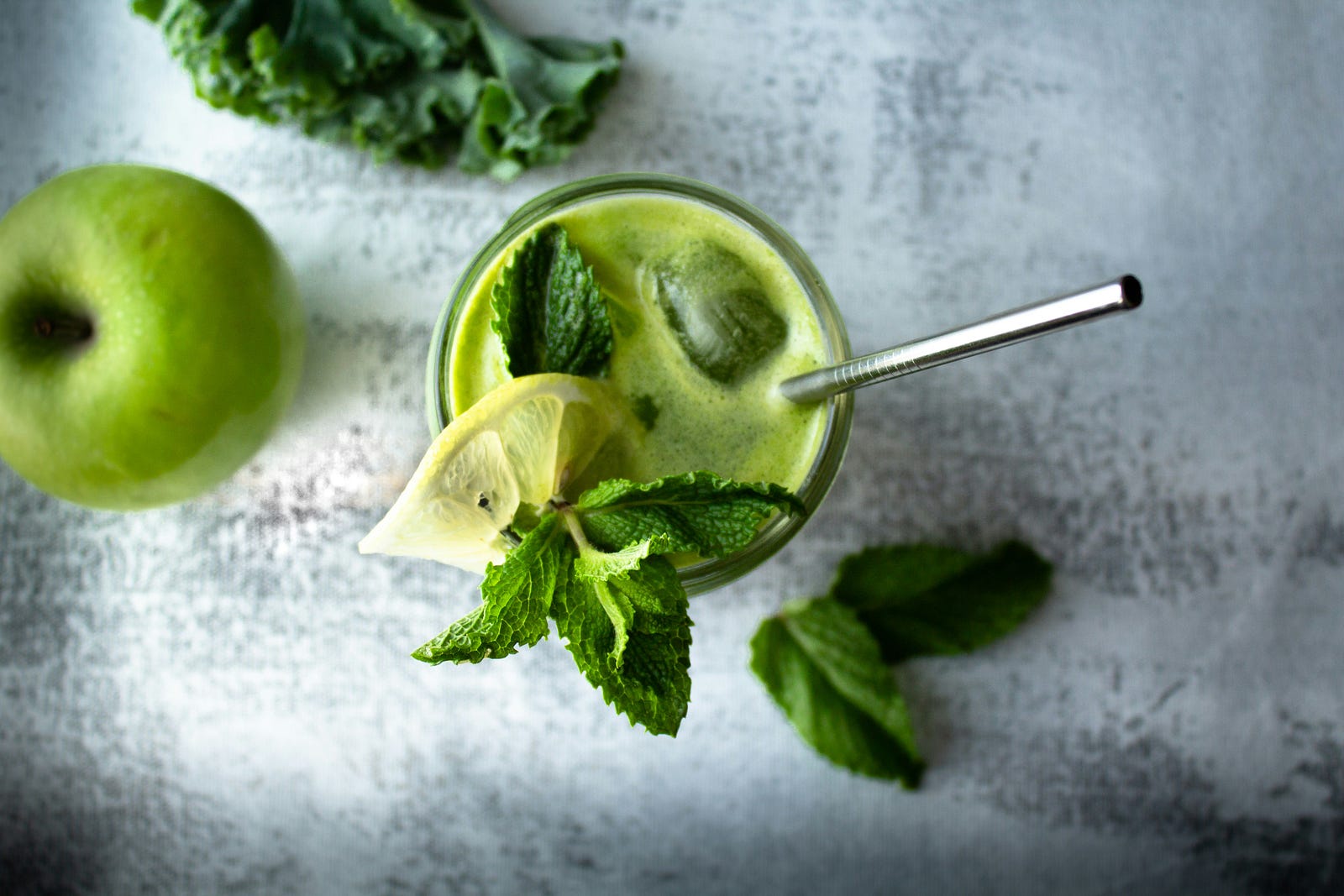
Juice cleanse evidence
People use juice diets for three primary purposes:
- to clear their bodies of toxins
- to lose weight
- to improve their skin
Alas, very little evidence supports using juice detoxification for these benefits.
Some studies have shown positive results on fat and weight loss, blood pressure, and insulin resistance.
Unfortunately, these studies often have few participants, design issues, or need for expert evaluation to ensure quality.
Juice cleanse review
A 2015 review of the clinical literature concluded this:
There is no [good evidence] to support the use of “detox” diets for weight management or toxin elimination.
I could find no studies examining the long-term effects of detoxification programs.
Those who use juicing to lose weight regain it once they resume a more normal diet.
Juice cleanse risks
Juice cleanses can be associated with risk.
First, while juicing may lead to quick weight loss (secondary to consuming fewer calories), the approach is not sustainable. Some feel better as they cut out processed foods.
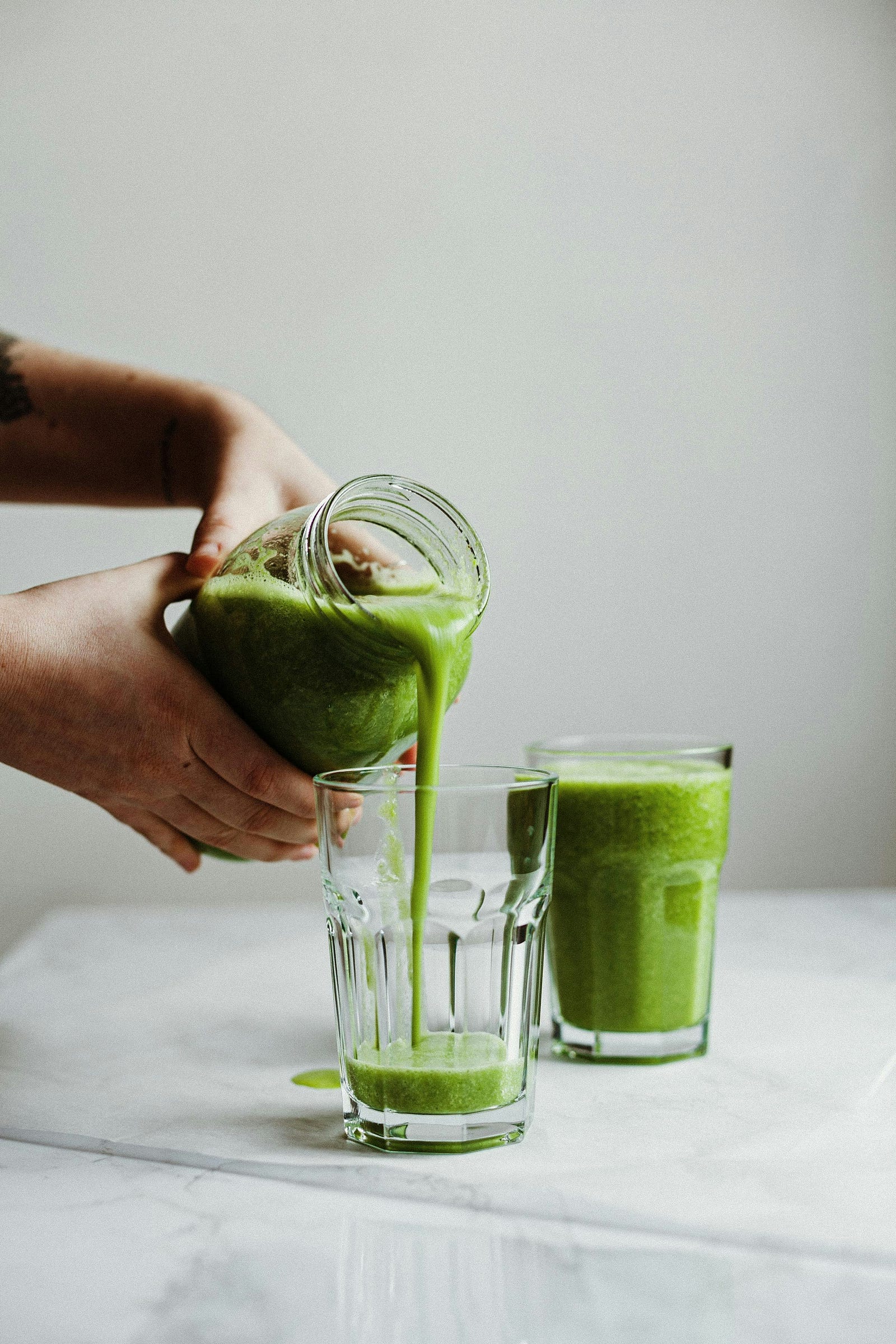
While green juices have essential nutrients, the fasting part can be dangerous.
Many who juice don’t consume enough solid food to meet their energy needs. The result? More hunger, fatigue, headaches, and irritability.
More risks
And there is the issue of disordered eating. Listen to Dr. Pauline Powers, director of the scientific advisory committee for the Global Foundation for Eating Disorders:
Cleanses are “the perfect pathway to disordered eating.
Cleansing, like traditional eating disorders, has a remarkable ability to structure one’s sense of chaos. Read more about safety issues here:
“Detoxes” and “Cleanses”: What You Need To Know
This fact sheet about detoxes and cleanses offers information about research on these practices and their safety.www.nccih.nih.gov.
Juicing cleanse alternatives
Juicing can strip away beneficial fiber in fruits and vegetables. (Smoothies, on the other hand, retain it.)
There are several reasons I would rather leave the fiber in:
- lack of fiber in juices can lead to hard stools
- juices can be quickly absorbed by your gut, leading to blood sugar spikes
Here’s what I do instead: I try to incorporate more whole foods into my diet.
Recently, this has meant an increase in my fruit (especially apples, grapes, watermelon), legume, whole grain, and lean meat intake. This approach is sustainable for me.
2. Colonics (enemas)
Colonics, known as colonic irrigation, has been getting some attention for its alleged health perks.
During a colon cleanse, water and sometimes other things, like herbs or coffee, are pumped through the colon.
This procedure happens using a tube that sticks into your bottom.
Sometimes, they use a lot of water, up to 16 gallons (about 60 liters). Other times, it’s smaller, and they let it hang out in your colon before taking it out.

Colonics benefits
Some folks say it’s good for your digestion, helps with constipation, and boosts overall well-being.
However, not everyone agrees, and doctors suggest being careful and talking to them before trying it out.
In a small 2016 study, researchers discovered that colonic irrigation might help with tummy troubles in people with irritable bowel syndrome.
However, even though this study showed some positive results, it’s crucial to be careful with colon cleansing. There’s a chance it could harm your colon, so we’ll go over the possible risks in simple terms below.

Colonics risks
Unfortunately, the list of potential side effects is long. Possible hazards include the following:
- Dehydration can occur, given the removal of fluids. In extreme cases, dehydration can cause kidney failure.
- Electrolyte imbalance. Colon cleanses can mess up the balance of your body’s chemicals. Potassium and sodium help to facilitate electrical signals between cells; if these electrolytes are out of whack, you can pass out or suffer from kidney damage.
- Upset of bacterial balance. Colon cleanses can introduce so-called bad bacteria into your lower gut. Moreover, the cleanses can kick out the good bacteria that usually help fight off infections.
- Gut tear. A bowel perforation is a tear in the wall of your lower intestine. When it occurs, it needs emergency medical attention. Symptoms can include pain, fever, chills, and nausea. Death can occur.
There are alternatives to traditional irrigation, including oral supplements (teas, capsules, or powders) with natural plant fibers and laxatives. Please discuss the ingredients with your healthcare provider if you consider using them.
3. Supplements
Choosing supplements over real food has its risks.
While supplements can provide specific nutrients, they lack all the good stuff in regular food, like different compounds, fibers, and natural combinations.
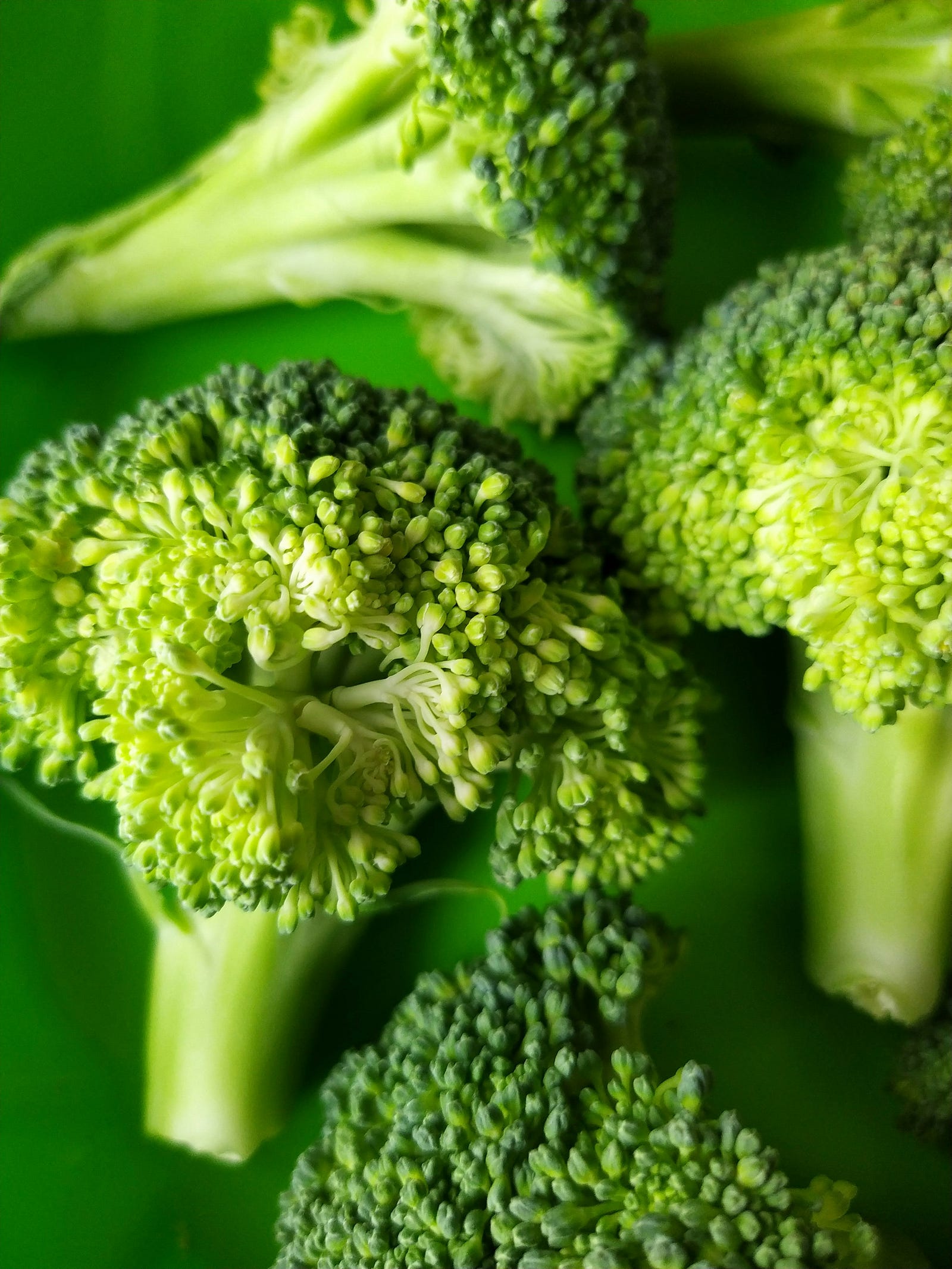
Real food gives you a mix of things that keep you healthy overall.
Relying too much on supplements can mess up the balance of nutrients in your body and even make you sick if you take too much of certain vitamins and minerals.
Also, supplements can’t do what real food does in terms of how different nutrients work together.
It’s important to eat a mix of real foods to stay healthy. Supplements should be an extra boost, not a replacement for a balanced and varied diet.
Supplements: Yes
Experts don’t all agree on whether supplements are a must for everyone.
Maddie Pasquariello, a nutrition expert, says this:
Supplements aren’t the go-to solution for staying healthy for most adults.
When people have health issues, dietitians usually suggest other changes first, like adjusting what you eat and getting more exercise.
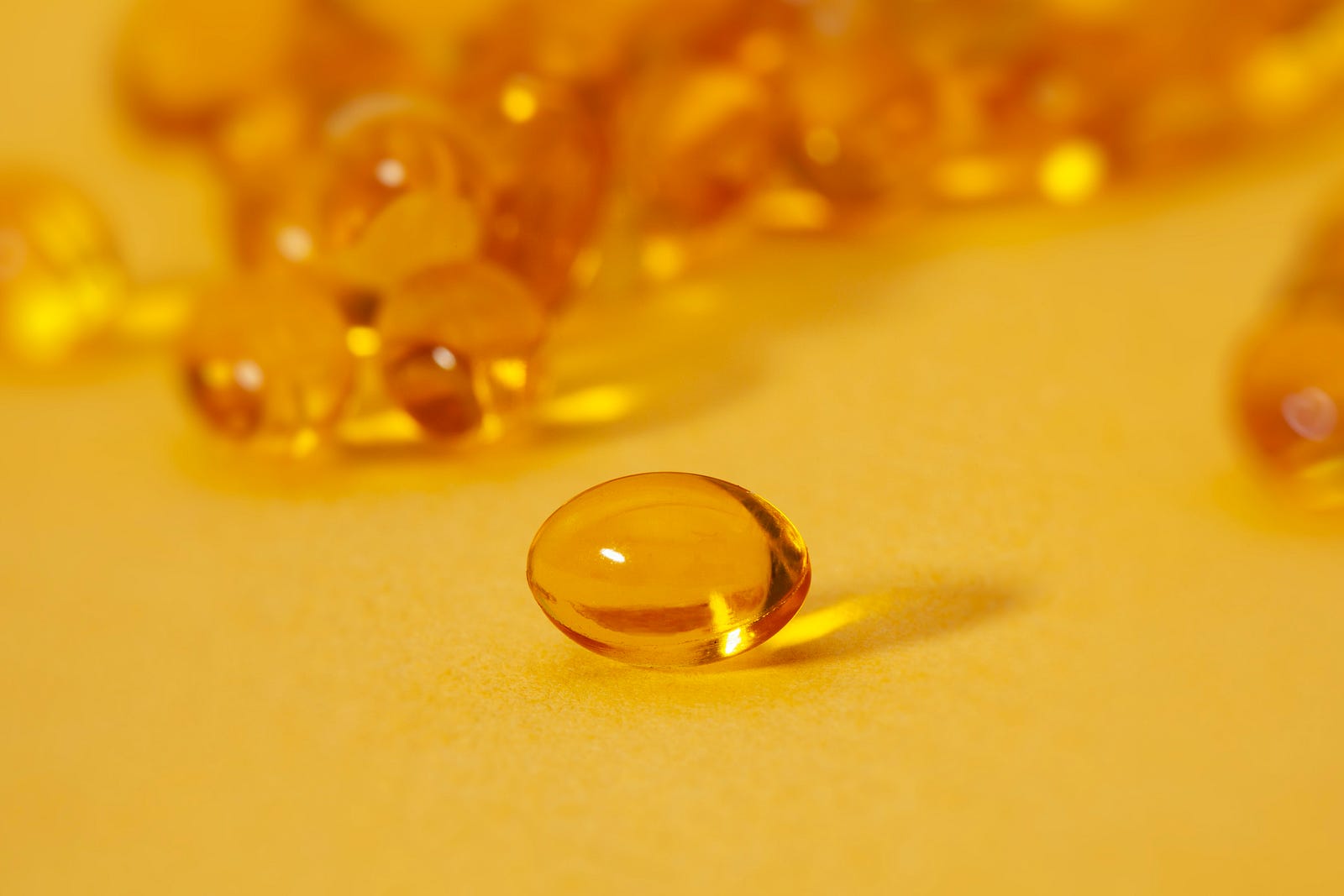
However, in some situations, taking supplements is a good idea.
For example, supplementation may benefit pregnant women, breastfeeding mothers, those on special diets, and those with nutrient shortages.
While supplements can be valuable in certain cases, they’re not the main solution for most people to stay healthy.
Supplements: No
You might have heard a lot about popular supplements like green powders.
I tend to avoid them in favor of real leafy greens. My latest daily addition to my diet is broccoli. (Yes, I remain a work in progress.)
I also dodge anything with megadoses, as I have no interest in chronic kidney, gastrointestinal, or other issues.
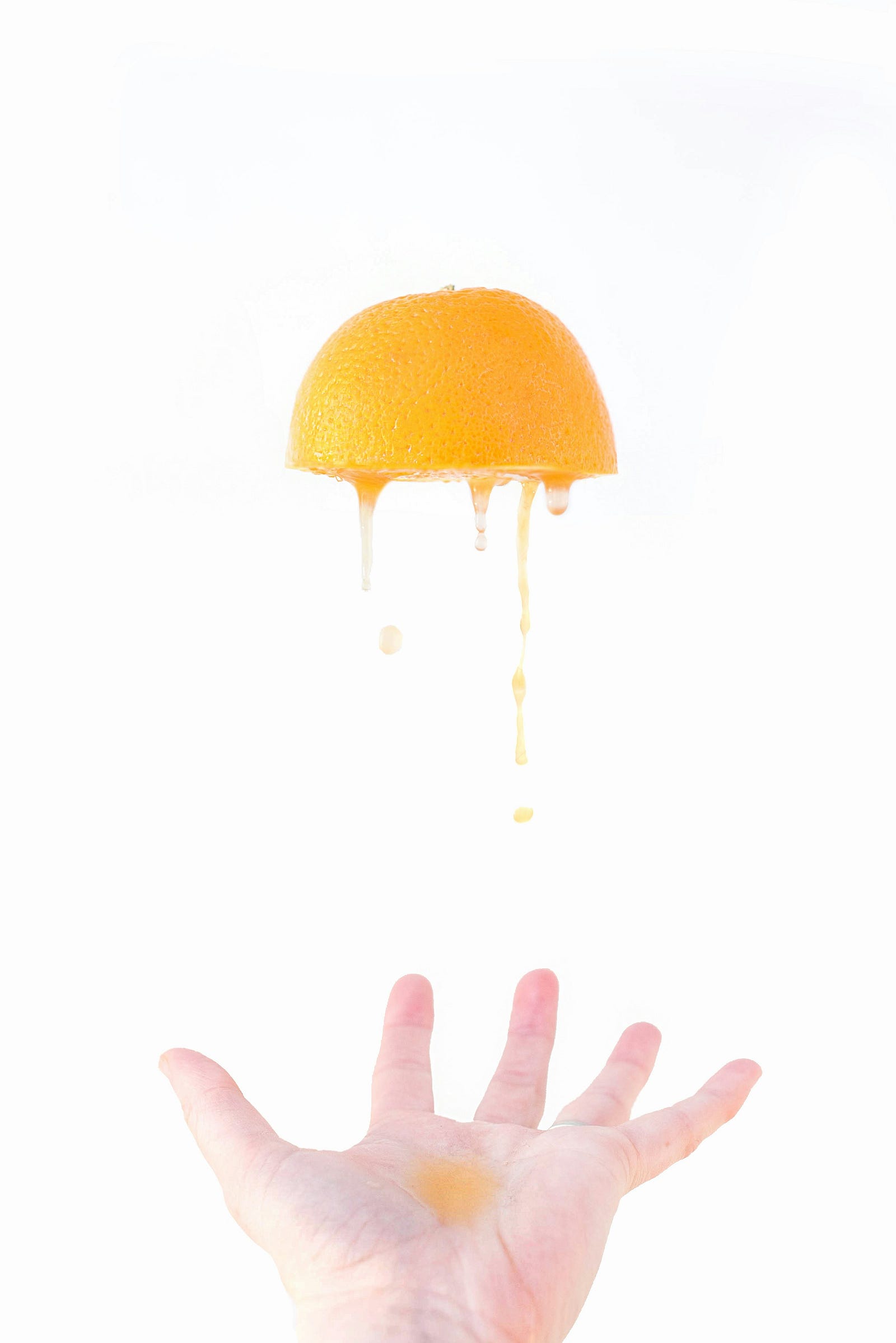
For example, too much vitamin C can cause gastrointestinal problems. Ingesting excessive vitamin D can cause parathyroid (affecting calcium levels) and other issues.
Supplements: Interactions
So many of my patients don’t consider the effects their supplements can have on other drugs.
Let’s examine vitamin C a bit more closely. The Mayo Clinic (USA) reports these issues may occur:
- Aluminum. Taking vitamin C can increase your absorption of aluminum from aluminum-containing medicines. This absorption can be problematic for people with kidney problems.
- Chemotherapy. Antioxidants, such as vitamin C, during chemotherapy might reduce the chemotherapy’s effectiveness.
- Estrogen. Taking vitamin C with hormone replacement therapy or oral contraceptives might increase your estrogen levels.
- Protease inhibitors. Oral vitamin C might reduce the effect of this type of antiviral drug.
- Statins and niacin. When taken with vitamin C, the effects of niacin and statins, which might benefit people with high cholesterol, could be reduced.
- Warfarin. High doses of vitamin C might reduce your response to this blood thinner.
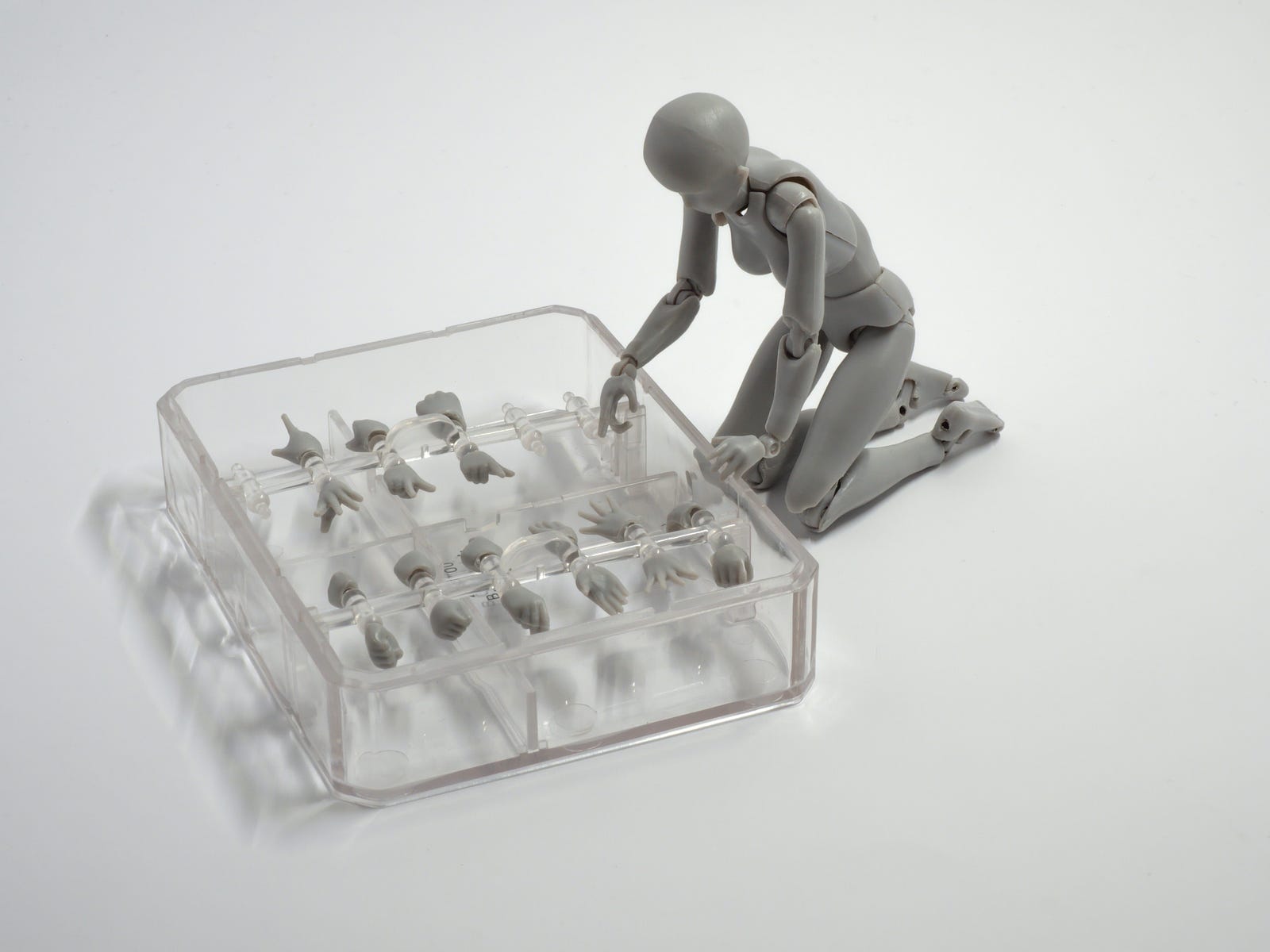
Supplements: Choosing
When picking supplements, paying attention to some key details is important.
First, ensure that the supplements undergo third-party testing, such as the ones conducted by the U.S. Pharmacopeial Convention and Consumer Labs.
Second, avoid artificial colors, flavors, sweeteners, and fillers such as stearic acid, silicon dioxide, and titanium dioxide.
Third, choose what suits you best: pills, chewables, gummies, or powders.
Choosing supplements that align with your medical and dietary requirements is crucial.
Finally, be wary when reading labels — if something seems too good to be true, it probably is.
Thank you for reading “E3 Health Fads.” If you enjoyed this piece, please don’t forget to sign up to follow me on this blog site. Again, thanks.

























